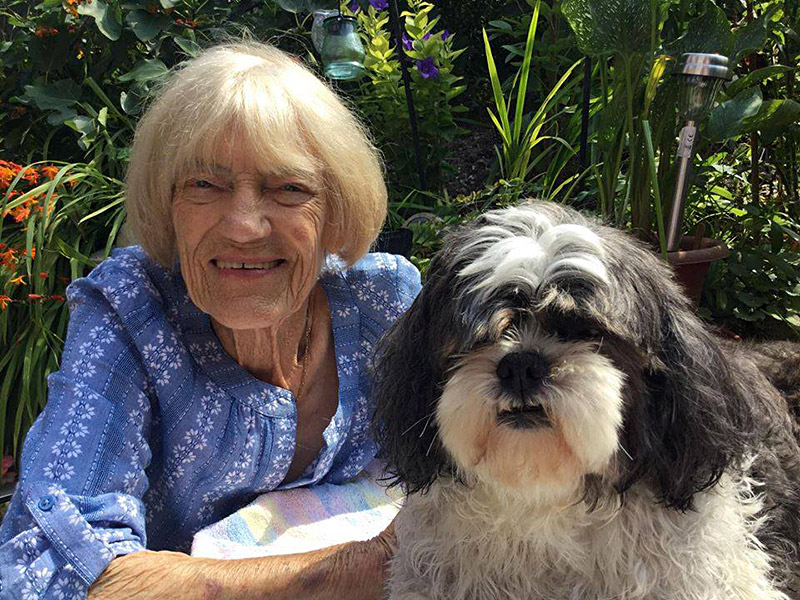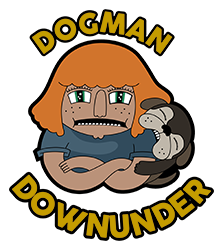Rescued Dogs
Dogman Down under
 Thinking of getting a dog from the RSPCA or the AWL.
Thinking of getting a dog from the RSPCA or the AWL.
Be aware, that dog will nearly always come with issues of some sort.
It’s rare that someone gets rid of a perfect dog. Don’t expect to get the full story from the rescue groups. They want you to take the dog. They are most likely all full and need to turn over dogs really quickly. If they started telling people everything that was wrong with every dog they would hardly get anyone to adopt. Besides they may not have the experience to recognise many of the issues associated with rescued or surrendered dogs.
Dogs in a kennel environment act differently from when they are settled into a home. If you have children, ask the kennel person to show you a demonstration of them putting their hand in the dogs’ bowl while it’s eating. They shouldn’t have any problem doing that for you.
Don’t be afraid to ask as many questions as you like. You are the customer. The dog you get may be with you for over ten years.
Getting the right dog requires much research.
When you get home don’t go straight in, take your new dog with any other dogs you may have for a really long walk. If you can run, run with your dog. The idea is to get your dog exhausted. They will settle much better if they are tired. When you are inside, try not to get too excited and keep your dog calm for the first week.
RULES: If you have rules about jumping on you or the furniture, make sure you enforce them from day one.
Dogs feel more settled and safe if someone else takes control.
Some of the rescue dogs are there because they are great escape masters. Your current dog may have been kept in with your fences. That doesn’t mean this one will. Lots of rescue dogs are off and out on the first few days. They don’t know you so will not come back. Put a collar on straight away with your phone number and watch them like a hawk.
Always get a personal trainer out for advice about training. Rescue dogs come with special problems and need to be assessed in the home where they are staying, not at a school. They will act differently away from home.
My advice on picking a trainer is to ask how much experience they have with dealing with behaviour issues. How many years experience do they have? Will you get the trainer you are talking to on the phone or one of a team? You obviously want the one you are talking to, as it is harder for someone to tell little fibs when they are speaking directly to you. A decent trainer likes to answer your questions about themselves, it shows you are concerned and gives them a chance to explain their beliefs.
Ask about their training methods. Ask for videos. Find someone who is really going to help. They are out there, just a little harder to find.
Most of the dogs I now see know how to sit, that doesn’t mean it is well behaved. I teach good behaviour for a true family dog without cages.
If I see you later, welcome
If I don’t, I wish you all the best and many happy years with your new dog.
